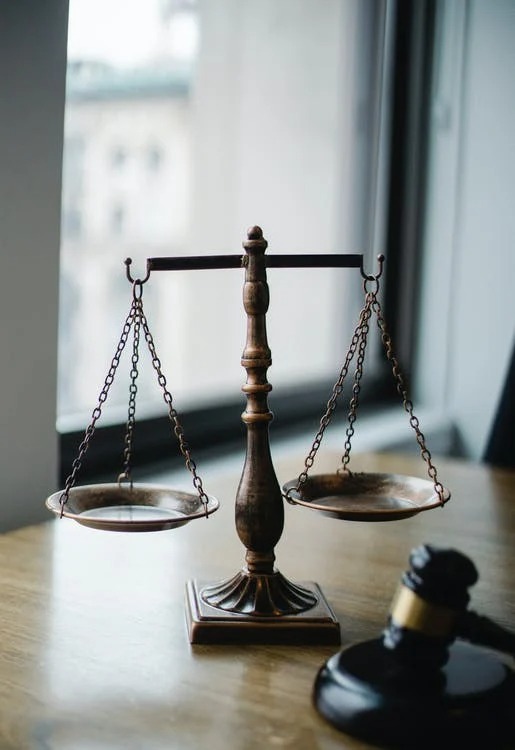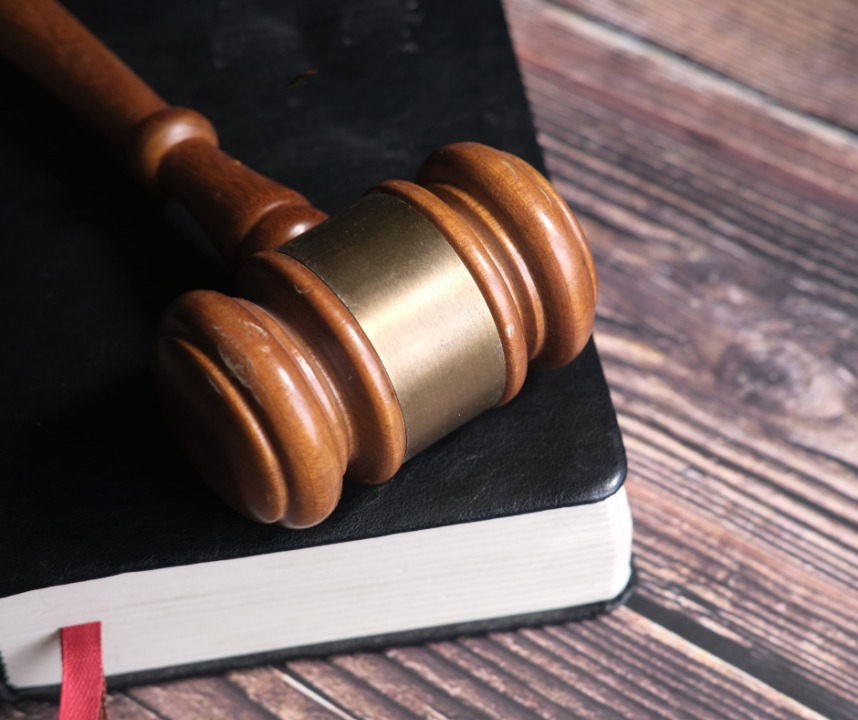Wrongful Deaths
Wrongful Deaths
Many times, the last thing on your mind after losing a loved one is pursuing a claim or lawsuit against the individual or corporation that broke a rule and caused a wrongful death. On top of the unbearable gut wrenching emotional trauma that follows losing a loved one, families may encounter extreme financial hardship after losing financial support from the deceased. According to a recent study by the CDC, approximately 400,000 potential wrongful deaths occurred in 2019. A wrongful death action is filed by a wrongful death attorney on behalf of the survivors of the deceased against the organization or person that is responsible for breaking the rules. There is no amount that can replace that which is priceless. However, these cases allow the family of the deceased to seek financial compensation for those who were dependent upon financial and emotional support.
It is important, however, for survivors of the deceased to consider quickly retaining a wrongful death attorney. In Nevada, most wrongful death cases have a statute of limitations of two years, meaning if you fail to file within those two years, you will be barred from doing so and your opportunity to pursue full justice and full compensation is out the window, barring rare exceptions. If you’ve suddenly lost a loved one, fill out our free case evaluation form to see if we can help.


What is a Wrongful Death in Nevada?
Like most states, the right of a family to bring a wrongful death action is a creature of statutory law or law made through formal rule-making processes of the Legislature. Under Nevada law, not all deaths constitute wrongful death. This is a specific definition that must be satisfied in order for a family to have a right of action.
Under NRS section 41.085, subdivision (2) provides that the heirs and personal representatives may maintain an action for wrongful death “[w]hen the death of any person, whether or not a minor, is caused by the wrongful act or neglect of another, the heirs of the decedent and the personal representatives of the decedent may each maintain an action for damages against the person who caused the death[.]”

What do Wrongful Death Attorneys need to prove in a Wrongful Death Case?
A wrongful death action is established when an individual or corporation ultimately breaks the rules. Legally speaking, this is shown when an individual or a corporation was negligent or acted at a level higher than negligence such as with recklessness or the conscious disregard for public safety. If the individual or corporation failed to act as a reasonably prudent person and caused the death of your loved one, then they would be found negligent and you would have basis for a wrongful death action.
A wrongful death attorney will also need to prove that the individual or corporation’s wrongful acts caused the death of your loved one and the resulting damages. Common causes of wrongful deaths are car, truck, and motorcycle accidents, especially those involving pedestrians. Negligent security is another.
Wrongful Death Damages
A number of factors are considered when determining damages in a wrongful death case. Nevada law allows damages for the support, companionship, society, comfort, and marital relations among other things unrelated to finances. A jury is allowed to also consider financial support that the surviving heirs would have received if it weren’t for an individual or corporation’s failure to follow the rules. The right to receive support from another is not destroyed even if you do not need that support or even if the deceased had never provided any support.
Some factors that are considered in determining financial support are:


